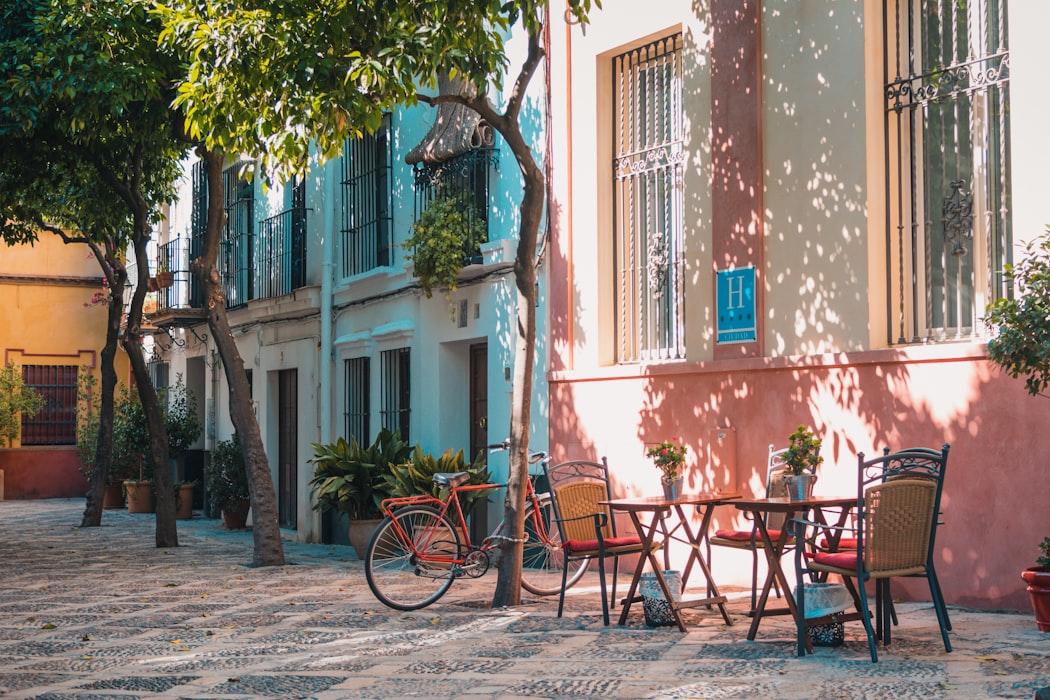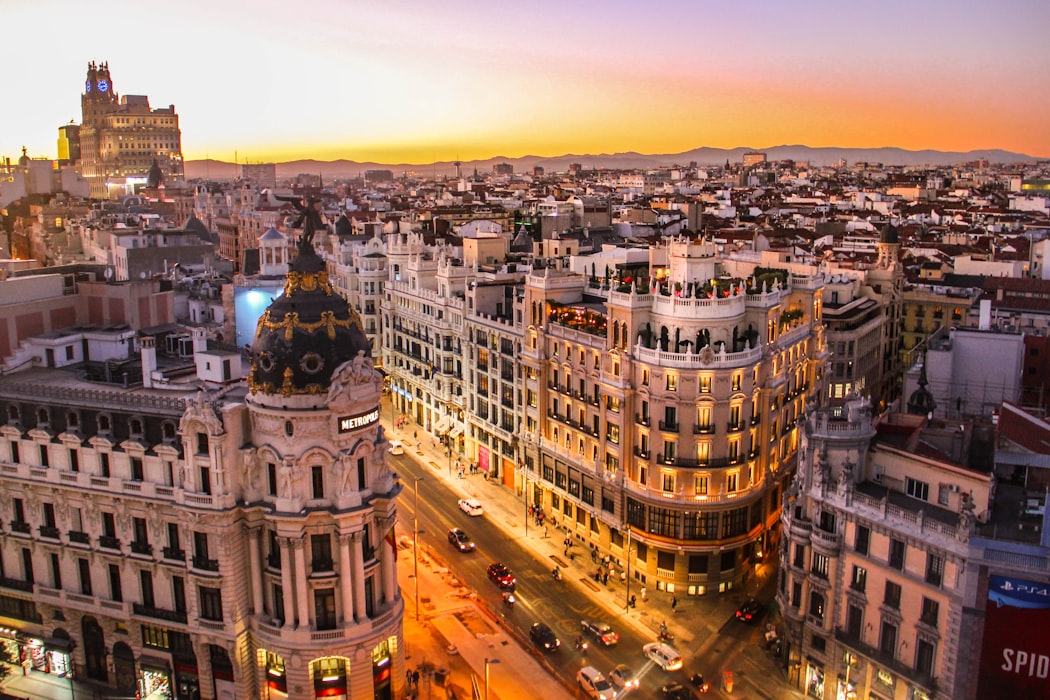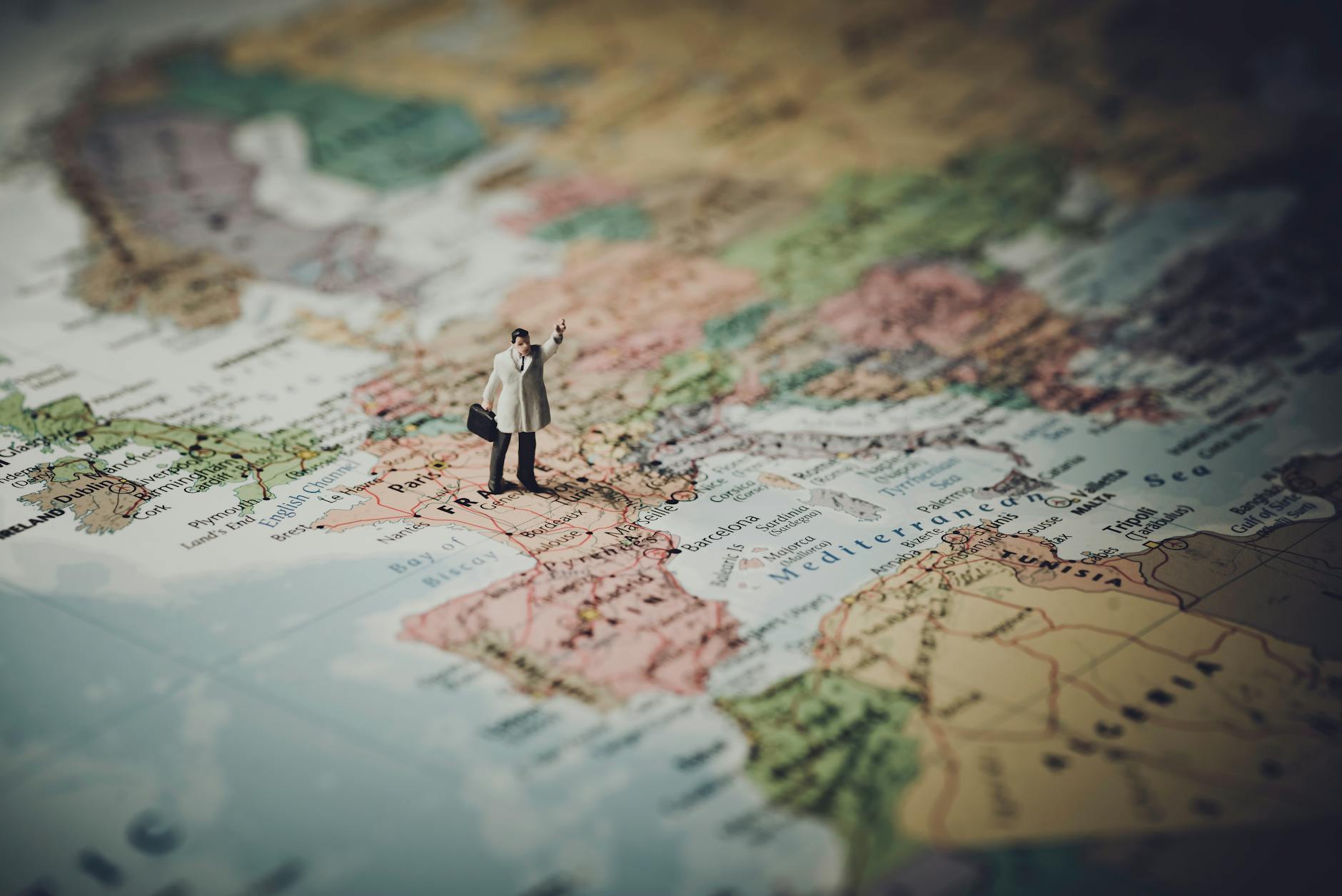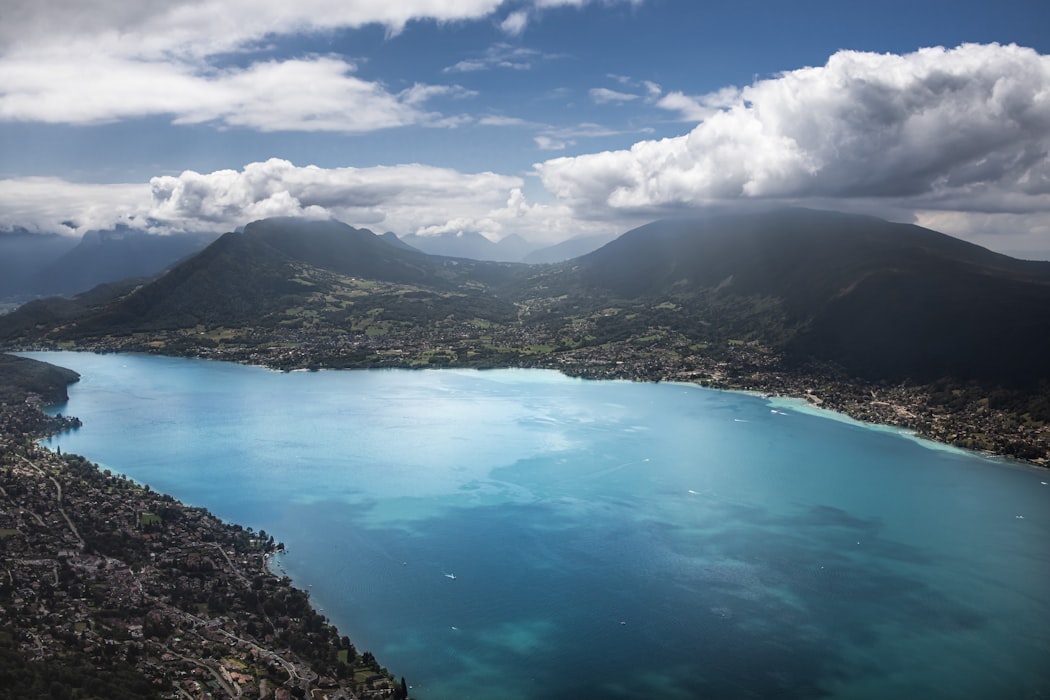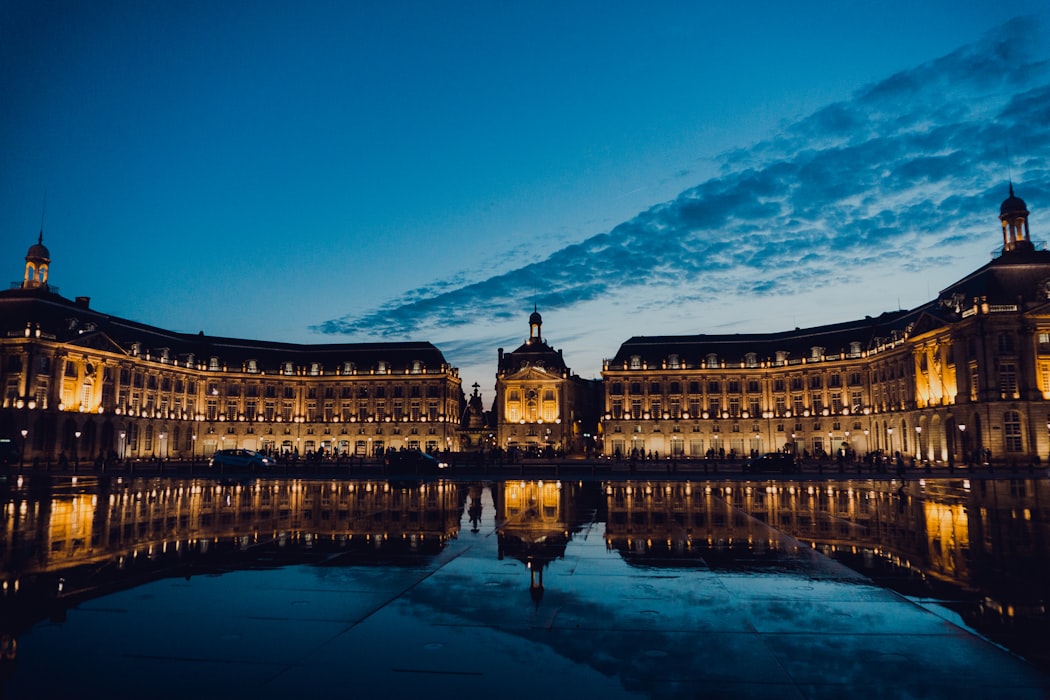
- We’re continuing our Spanish week with 2 of the most pleasing topics.
- Day 3 – Visit Restaurants & Cafes
- Day 4 – Self-Carter & the Markets
- Day 3 bis – Opinions & Hobbies
The State of Mind
- It will be Fun in the beginning, Frustrating in the middle & Fulfilling in the end.
Essential Phrases
- Can I have [a coffee], please?
- ¿Me pones [un cafe], por favor?
- I would like [a cocoa], please.
- Tomo [un cacao], por favor.
- Can you give me [a tea], please?
- Me das …
- I would like [a fruit cocktail], please.
- Quisiera [un cóctel de frutas], por favor.
- Me gustaría [un cóctel de frutas], por favor.
- Do you have [a table for two]?
- ¿Tiene [una mesa para dos]?
- Is there [a bathroom]? (used to ask for nearby Places)
- ¿Hay [un baño]?
- What time is it?
- ¿Qué hora es?
Restaurants

- A table for [two, three, four], please.
- Una mesa para [dos, tres, cuatro], por favor.
- I have a reservation.
- Tengo una reserva.
- I would like [a menu], please.
- Quisiera [un menú], por favor.
- Where is the bathroom?
- ¿Dónde està el baño?
- On the left/right.
- A mano izquierda/derecha.
- Would you like a drink?
- ¿Quieres tomar algo?
- I would like Tap water/Bottled water.
- Me gustaría tener agua del grifo/agua embotellada
- Regular or Sparkling Water?
- Sin gaz/Con gaz.
- For you?
- ¿Para usted?
- For me, [a Gazpacho Salad with Serrano].
- Para mi, [una ensalada de gazpacho con Serrano].
- And for her/him, [a hamburger with fries].
- Y para ella/él, [un Hamburguesa con patatas fritas].
- A Sandwich, please.
- Un Torta, por favor.
- What do you want to drink?
- ¿Qué quieres para tomar?
- I’ll take [a milkshake], please.
- Tomo [una batido de leche], por favor.
- What would you like to eat/drink?
- ¿Qué quieres comer/beber?
- Are you ready to order?
- ¿Estás listo para pedir?
- I’m not ready yet.
- Todavía no estoy listo.
- I need more time.
- Necesito más tiempo.
- What would you recommend me?
- ¿Qué me recomiendas?
- I am vegetarian.
- Soy vegetariano.
- I would like [an appetizer/a desert], please.
- Quisiera [un entrada], por favor.
- Me gustaría [un postre], por favor.
- Will you bring me more bread?
- ¿Me traes más pan?
- Do you have [another knife]?
- ¿Tienes [otro cuchillo]?
- The check, please.
- La cuenta, por favor.
- Please. Will you bring me the bill?
- Señor./Señorita. ¿Me traes la cuenta?
Self-Carter & Markets

- How much is it?
- ¿Cuanto cuesta?
- Where is the cheese section?
- ¿Dónde está la sección de queso?
- Where is the vegetable section?
- ¿Dónde está la sección de vegetales?
- Do you have [mineral water]?
- ¿Tienes [agua mineral]?
- I’m looking for [poultry].
- Estoy buscando [aves de corral].
- What is its expiration date?
- ¿Cuál es su fecha de vencimiento?

Spanish markets, much like the French & Italian ones, will enchant you with a plethora of charcuterie, cheeses, special breads & Mediterraneans/Atlantic fishes.
It’s also a great occasion to discover Regional products, and not only food.
Finally, it’s one of the best places to practice your Spanish listening skills since you’ll be exposed to many different dialects & accents.
And even maybe other languages…
- What local specialties should I try?
- ¿Qué especialidades locales debo probar?
- What would you like to eat/drink?
- ¿Qué quieres comer/beber?
- What do you recommend?
- ¿Qué me recomienda?
- I would like five.
- Me gustaría tener cinco.
- Can I have a discount?
- ¿Puedo tener un descuento?
Opinions & Tastes
You may want to enjoy some company while you dine.
Why not strike a little conversation?
Opinions
- I like [1].
- Me gusta [1].
- I Prefer [2].
- Yo prefiero [2].
- What do you think about[jazz]?
- ¿Qué opinas del [jazz]?
- What’s your favorite[song]?
- ¿Cuál es tu [canción] favorita?
- How did you find the [movie]?
- ¿Cómo encontraste la [película]?
- What did you think about the [movie]?
- ¿Qué te pareció la [película]?
- Do you prefer potatoes or pasta?
- ¿Prefieres las patatas o la pasta?
- I prefer [potatoes/pasta].
- Prefiero [patatas/pasta].
- Why?
- ¿Por qué?
- They are soft/creamy/ample.
- Son suaves/crema/muestra.
- What’s your favorite [place in Barcelona]?
- ¿Cuál es tu [lugar favorito en Barcelona]?
- Where should I go in [Granada]?
- ¿Dónde debo ir en [Granada]?
- What’s the top restaurant around here?
- ¿Cuál es el mejor restaurante de por aquí?
- What’s your favorite [restaurant in town]?
- ¿Cuál es tu [restaurante favorito en la ciudad]?
- What are the best cafes in [Salamanca]?
- ¿Cuáles son los mejores cafés de [Salamanca]?
- That was delicious.
- Estuvo delicioso.
- I like eating a lot.
- Me gusta comer demasiado.
Hobbies
- I like [singing].
- Me gusta [cantar].
- I Prefer [drawing].
- Prefiero [dibujo].
- [Playing music] is great for the brain.
- [Tocar música] es genial para el cerebro.
- [Writing] helps you to express yourself more freely.
- [Escribir] te ayuda a expresarte más libremente.
- I would like to be an [Illustrator].
- Quiero ser un [Ilustradora].
- What do you do?
- ¿A qué se/te dedicas?
- ¿Qué es lo que haces/hace?
- I work as a [programmer].
- Trabajo como [programador].
- Is it difficult?
- ¿Es difícil?
- Yes/No.
- Si/No.
- What is the most challenging thing as a [programmer]?
- ¿Qué es lo más desafiante como [programador]?
- Problem solving.
- Solución de problemas.
- Do you enjoy it?
- ¿Lo disfrutas/disfruta?
- It allows me to develop video games as a hobby.
- Me permite desarrollar videojuegos como un hobby.
- Would you like to turn your hobby as a full-time job?
- ¿Te gustaría convertir tu hobby en un trabajo a tiempo completo?
- I want to.
- Quiero hacerlo.
- Why did you learn Spanish?
- ¿Por qué estudiar español?
- I wanted to visit Spain.
- Quería visitar España.
- How did you learn Spanish?
- ¿Como estudiar español?
- I read & listened for an hour a day.
- Leí y escuché durante una hora al día.
- Then I spoke for a 10 minutes a day.
- Luego hablé durante 10 minutos al día.

